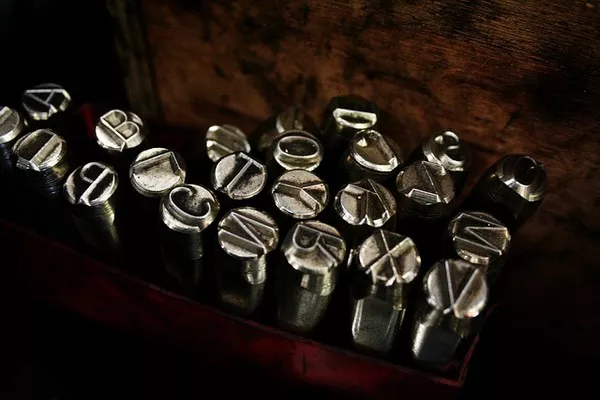In times of economic uncertainty and recessionary pressures, investors often turn to precious metals like gold and silver as a safe-haven strategy. Understanding the historical performance, market dynamics, and investment implications of these metals during recessions is crucial for informed decision-making in portfolio management. This article explores the behavior of gold and silver in recessionary periods, their attributes as safe-haven assets, market dynamics influencing their prices, and the strategic role they play in investment diversification.
Historical Performance
Historically, gold and silver have demonstrated resilience during economic downturns. Looking back at past recessions, such as the 2008 financial crisis or the dot-com bubble burst of 2000, gold and silver prices often exhibited a counter-cyclical pattern. For instance, during the 2008 crisis, while equity markets plummeted, gold prices soared from around $800 to over $1,900 per ounce by 2011. Silver also experienced a similar trajectory, reflecting their perceived safe-haven status amidst market turmoil.
Safe-Haven Assets
Gold and silver are revered as safe-haven assets due to their intrinsic value, limited supply, and historical role as a store of wealth. During recessions, these metals tend to retain their value or even appreciate, offering a hedge against inflation and economic uncertainty. Unlike fiat currencies, gold and silver are tangible assets that are not subject to the same risks of devaluation or default.
Investment Demand
During recessions, investment demand for gold and silver typically increases as investors seek refuge from volatile equity markets. Factors influencing this demand include concerns over financial stability, currency devaluation, and geopolitical tensions. Exchange-traded funds (ETFs) and physical bullion purchases often surge during these periods, reflecting heightened investor interest in precious metals.
Comparison with Other Investments
Comparing the performance of gold and silver with traditional investments like stocks, particularly benchmark indices such as the S&P 500, reveals distinct characteristics during recessions. While stocks may experience significant volatility and decline, gold and silver often serve as a counterbalance, mitigating portfolio losses and preserving capital.
Market Dynamics
Several market dynamics impact gold and silver prices during recessions. Central bank policies, such as quantitative easing or interest rate adjustments, influence the perceived value of fiat currencies, thereby affecting precious metal prices. Additionally, geopolitical tensions and global economic indicators contribute to investor sentiment and demand for safe-haven assets.
Industrial Use of Silver
Silver, unlike gold, has extensive industrial applications across sectors like electronics, automotive, and healthcare. During recessions, industrial demand for silver may decrease due to reduced manufacturing activity and consumer spending. However, silver’s dual role as an industrial and precious metal can offer a degree of resilience in economic downturns.
Diversification Strategy
Incorporating gold and silver into an investment portfolio can enhance diversification and risk management during recessions. These metals often exhibit low correlation with traditional assets like stocks and bonds, providing a potential buffer against market volatility and systemic risks.
Risks and Considerations
Despite their perceived benefits, investing in gold and silver carries certain risks. Price volatility, storage costs, and liquidity constraints can impact investment returns. Additionally, regulatory changes and shifts in market sentiment may influence the short-term performance of precious metals.
See Also Identifying Silver: A Guide to Authenticity
In conclusion, gold and silver play multifaceted roles during recessions, serving as safe-haven assets, portfolio diversifiers, and inflation hedges. Understanding their historical performance, market dynamics, and associated risks is essential for investors seeking to navigate economic downturns effectively. Incorporating gold and silver strategically within an investment framework can contribute to overall portfolio resilience and long-term wealth preservation.


